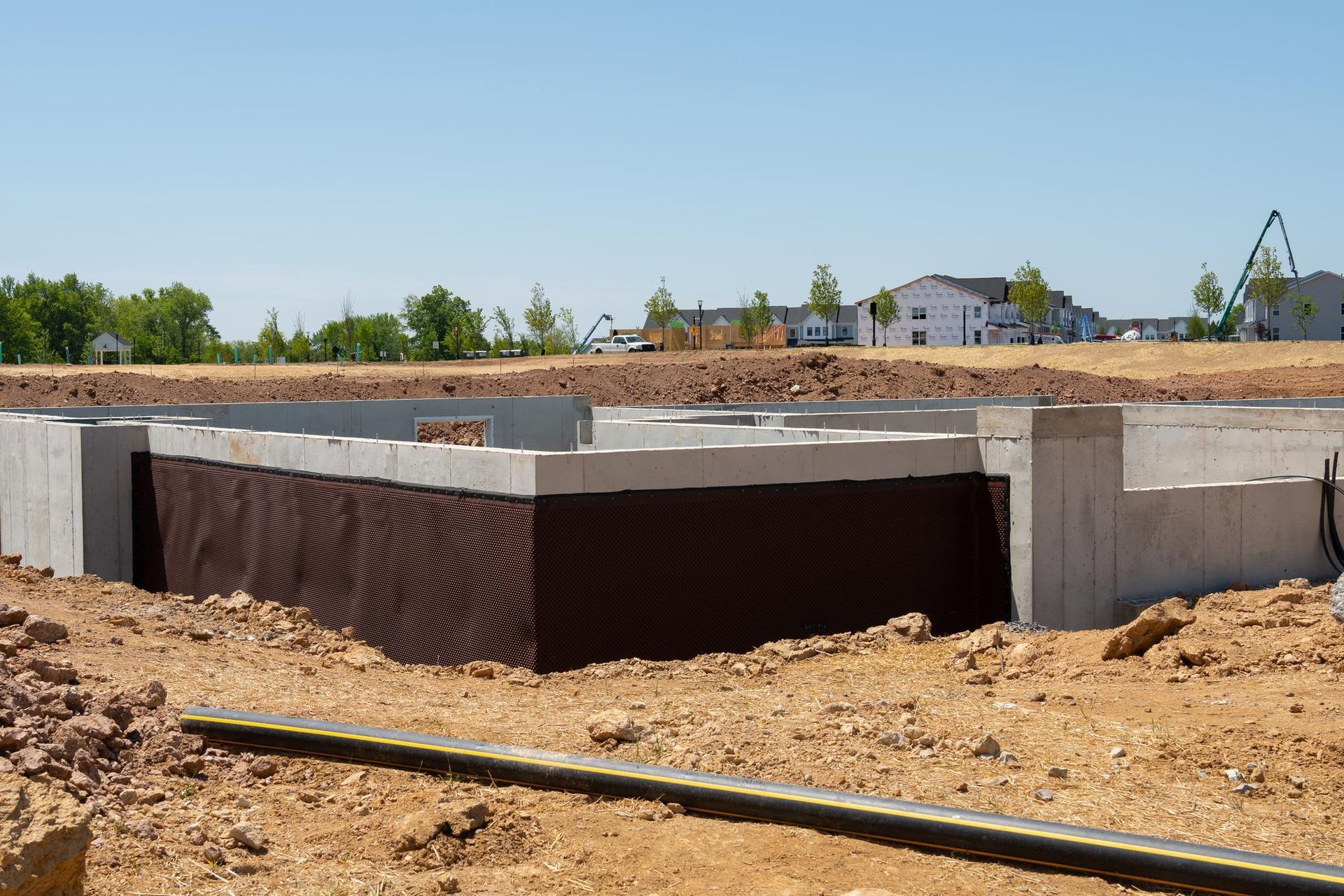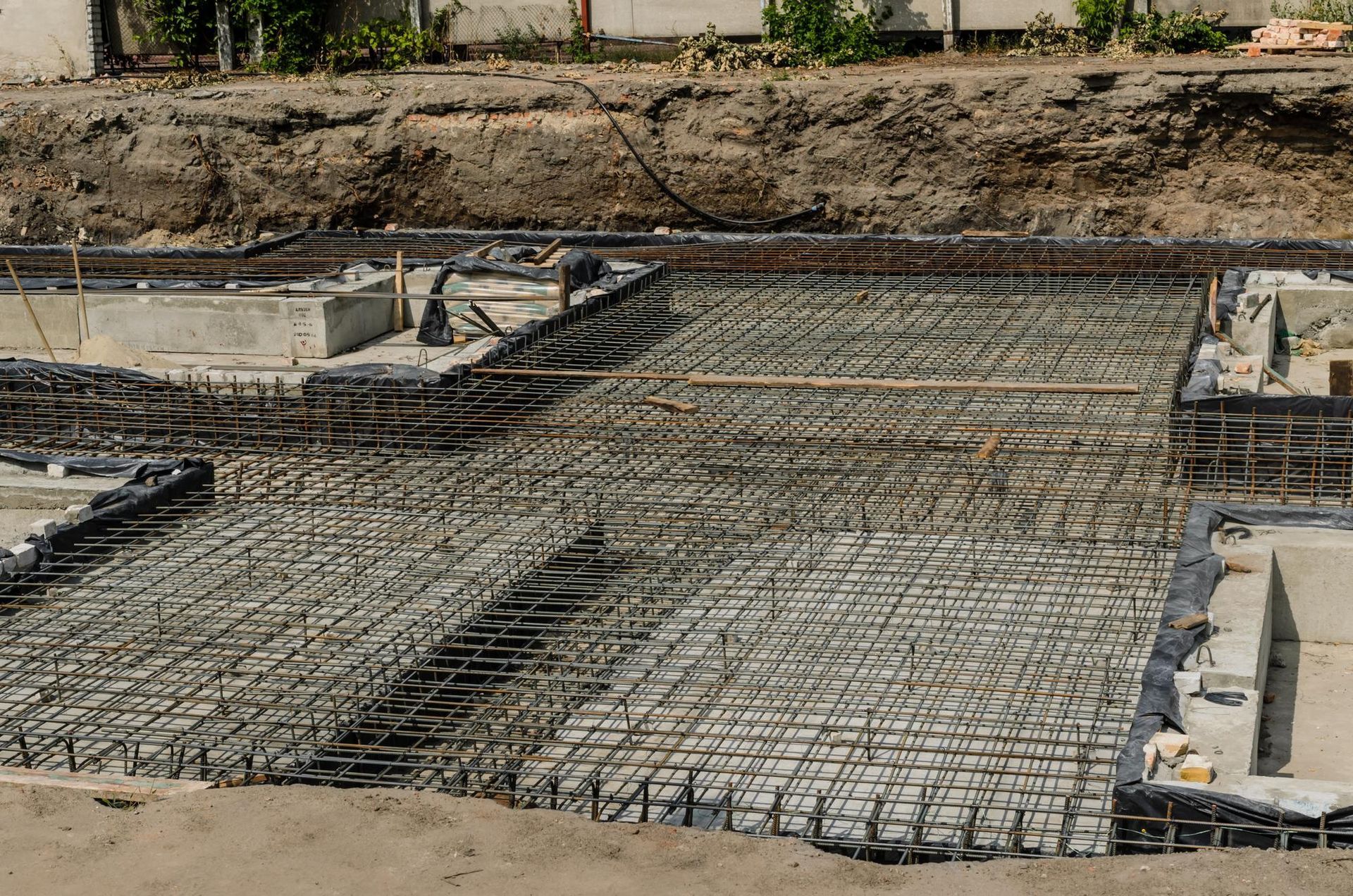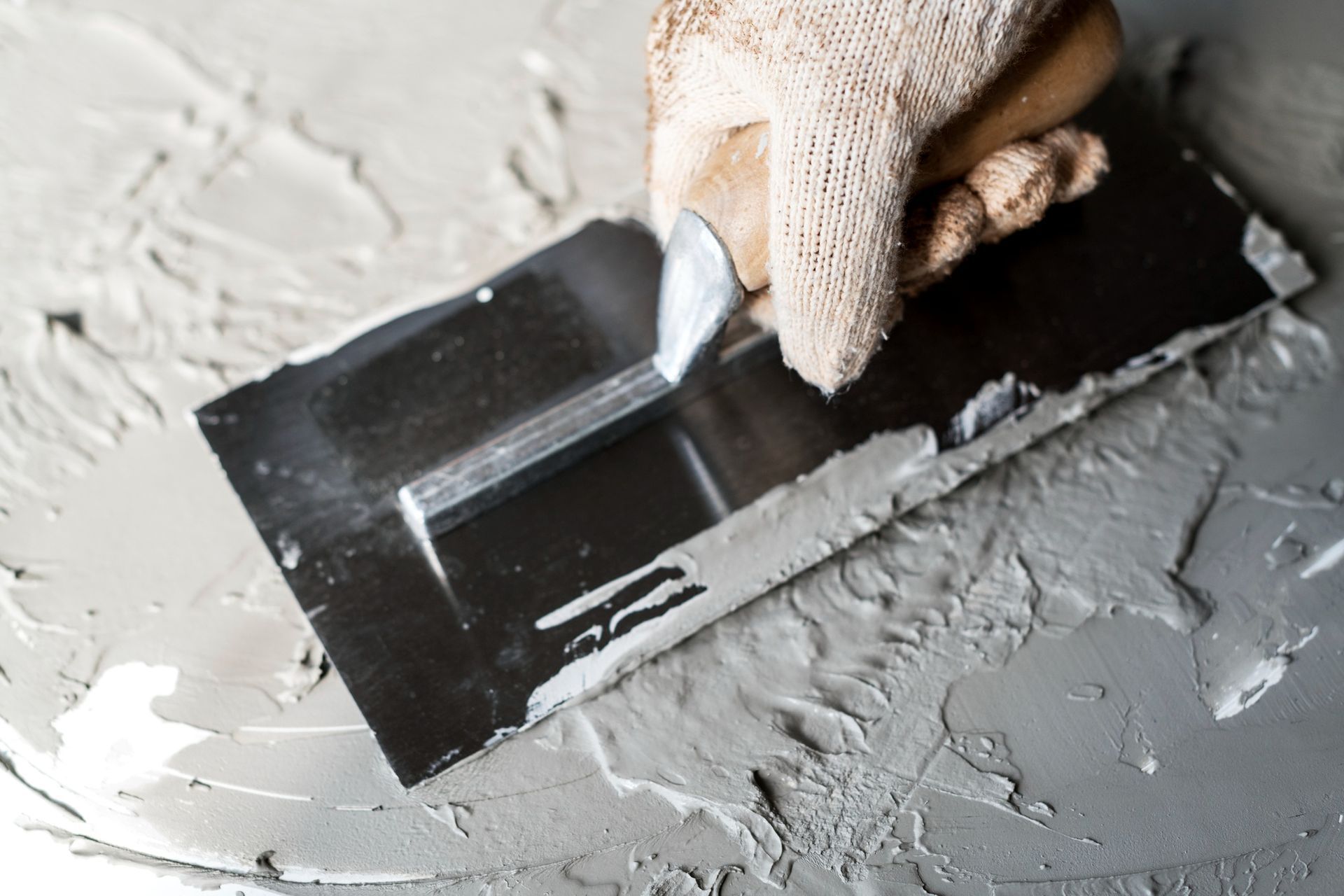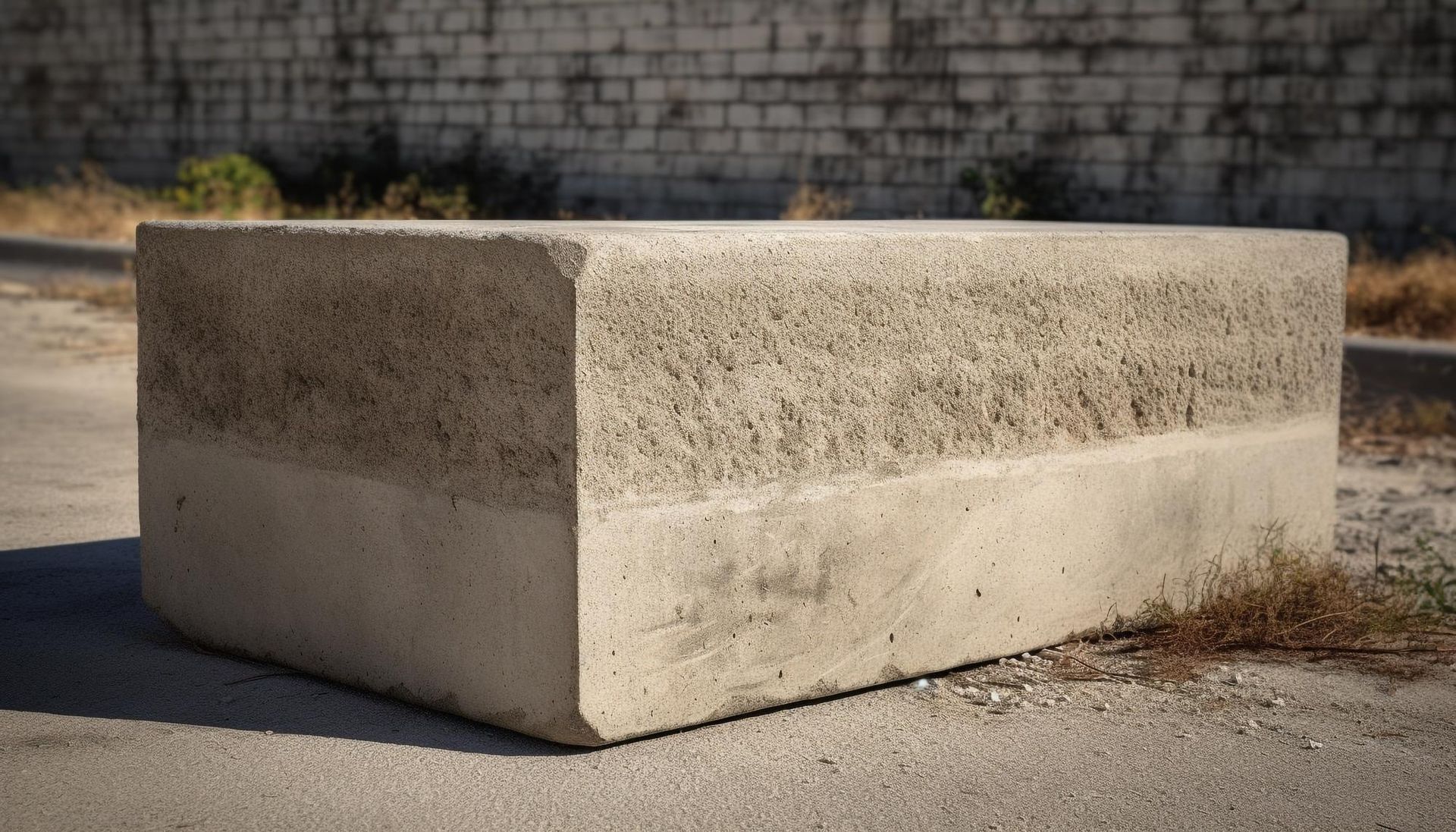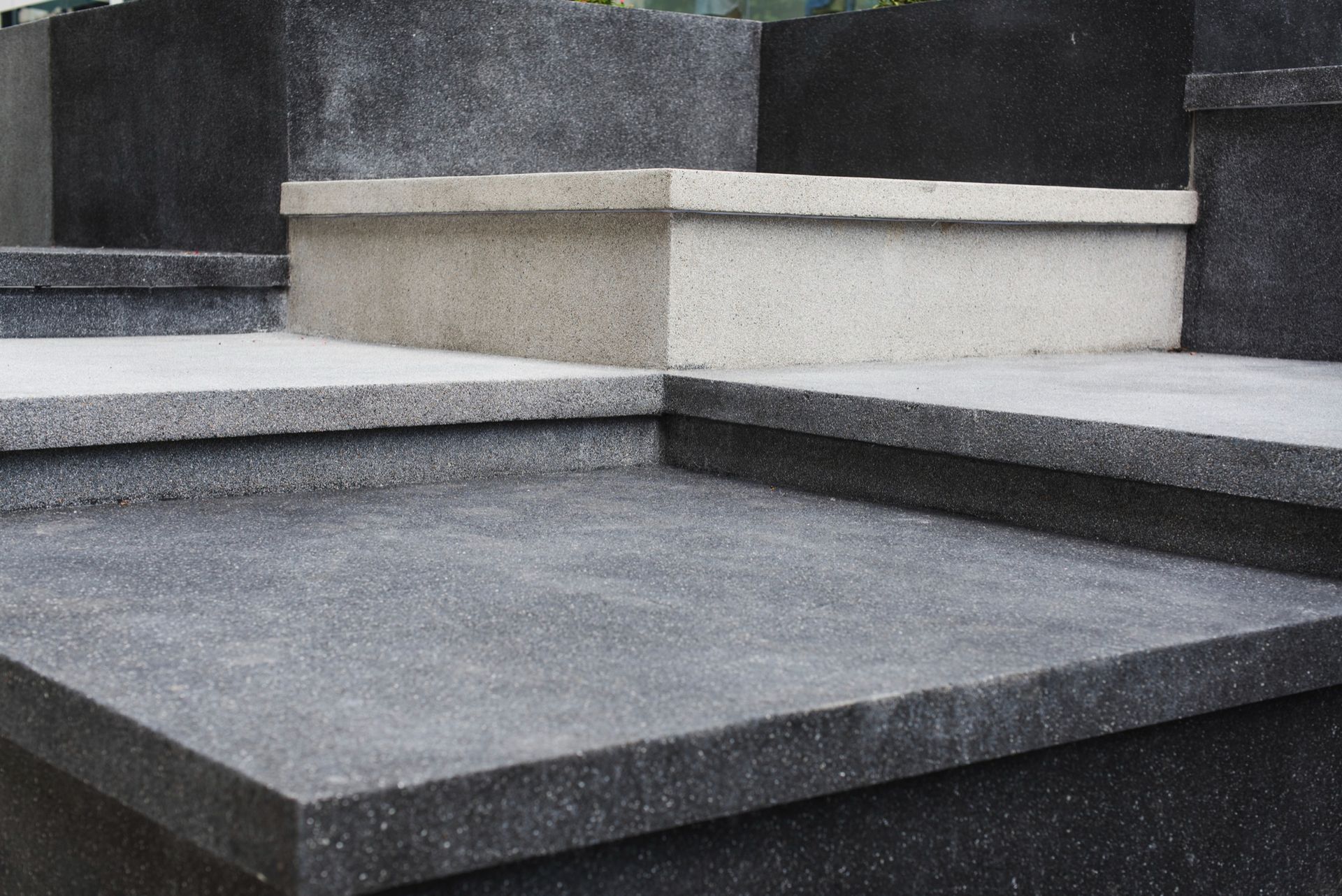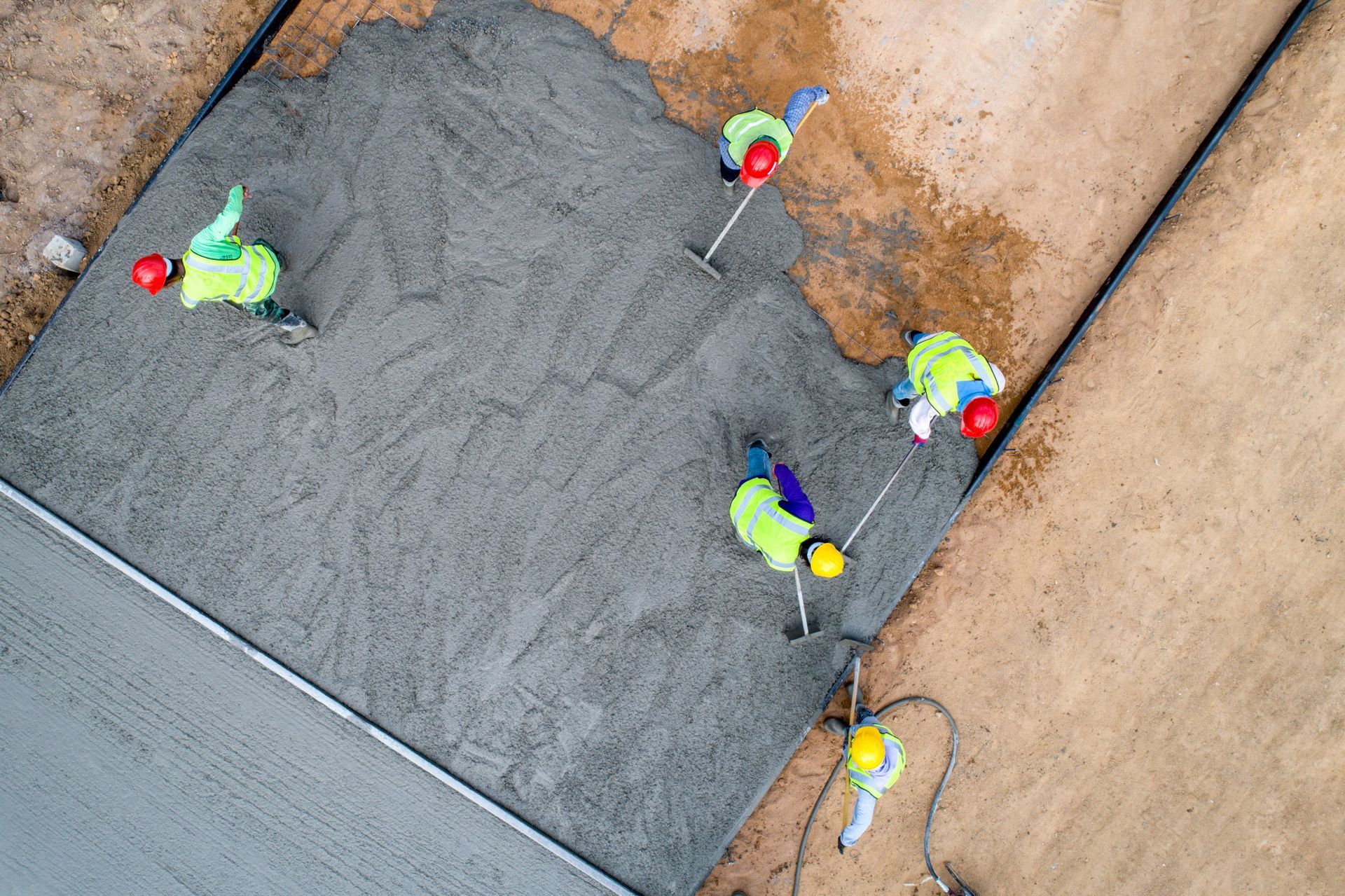Comparing Concrete Foundation Costs: Poured vs. Precast Options
Embarking on a construction journey, whether it's building your dream home or taking on a commercial project, involves a multitude of critical decisions. And none are more fundamental than choosing the right foundation for your structure. The foundation serves as the bedrock upon which your entire building stands, so it's paramount to select an option that not only provides stability and structural integrity but also aligns with your budgetary constraints.
In this comprehensive article, we will delve deep into the world of construction foundations, with a particular focus on the all-important factor that often dominates the minds of builders and homeowners alike: the cost of concrete foundation. As we explore the intricacies of foundation selection, we'll shine a spotlight on the comparison between two prominent choices: poured and precast concrete foundations.
By the end of this journey, you'll gain a comprehensive understanding of what goes into the cost of concrete foundation. More importantly, you'll be equipped with the knowledge to make an informed decision that not only suits your budget but also aligns perfectly with the unique requirements of your construction project. So, let's begin our exploration of the concrete foundations landscape and navigate the intricate world of costs, benefits, and practical considerations that come with it.
Understanding Poured Concrete Foundations
Poured concrete foundations have long been a trusted choice in the construction industry. They are created on-site by pouring liquid concrete directly into carefully constructed forms or molds. This method allows for a high degree of customization, as the foundation can be designed to precisely fit the unique needs of the project.
One of the key characteristics of poured concrete foundations is the craftsmanship involved. Skilled workers meticulously place and shape the concrete, ensuring that it is properly reinforced with steel bars to provide the necessary strength. This process can take some time to complete, often several days, depending on the size and complexity of the project.
Poured concrete foundations offer several advantages. They are highly durable and can withstand various environmental conditions, making them suitable for a wide range of building types. The customization options available with poured foundations allow for intricate architectural details and can accommodate specific design requirements.
However, there are also some drawbacks to consider. The cost of concrete foundation for a poured foundation can be influenced by factors such as the location of the project, the size of the structure, and the complexity of the design. Additionally, the construction process can be time-consuming, which may affect project timelines.
Precast Concrete Foundations: What Are They?
In contrast to poured concrete, precast concrete foundations are manufactured off-site in controlled environments. They are pre-engineered and come in standardized sections that are later transported to the construction site. These precast components are created with a high degree of precision to ensure uniform quality and strength.
The manufacturing process for precast concrete foundations involves casting the concrete into molds, which are then cured and finished before being transported to the construction site. Because the components are pre-engineered and standardized, they fit together seamlessly, much like assembling a puzzle. This method of construction offers several advantages.
One of the primary benefits of precast concrete foundations is their efficiency. Since the components are created in a controlled environment, they are not subject to weather-related delays, and the quality is consistently high. This can lead to cost savings in terms of labor and time, making precast foundations an attractive option for many construction projects.
Additionally, the speed of installation is a notable advantage. Precast foundations can be assembled quickly, which can help keep construction schedules on track. This rapid installation also reduces the potential for weather-related delays that can impact poured foundations.
While precast foundations offer efficiency and speed, customization options may be somewhat limited compared to poured foundations. Precast components are designed to fit standard building sizes and shapes, so projects with unique or highly customized requirements may face some limitations. However, many precast manufacturers offer a range of standard sizes and designs to accommodate a variety of needs.
In the next sections, we will explore the factors that influence the cost of concrete foundation for both poured and precast options in greater detail, providing you with a more comprehensive understanding of the financial aspects of these choices.
Cost Factors for Poured Concrete Foundations
The cost of concrete foundation for a poured foundation is influenced by various factors. Location plays a crucial role, as construction costs can vary significantly depending on your region. For instance, urban areas often have higher labor and material costs, which can impact the overall expense.
The size and design complexity of your project also affect the cost. If your construction plans include a basement or special architectural features, these factors can increase the cost of concrete foundation. Additionally, local building codes and regulations can impact the price, as compliance may require additional measures that come with associated costs.
To provide a rough estimate, a basic
poured concrete foundation for an average-sized home may range from $4,000 to $12,000. However, this is just a ballpark figure, and your specific project's cost may vary.
Cost Factors for Precast Concrete Foundations
When considering precast concrete foundations, it's essential to understand the cost structure involved. Precast components are manufactured in a controlled environment, which ensures consistency in quality but also incurs production costs. These pre-engineered pieces are then transported to the construction site, where they are assembled.
Precast concrete foundations can often be more cost-effective than poured ones due to reduced labor requirements and quicker installation times. However, the cost can still vary based on project-specific factors. Customization options may lead to higher costs, as tailored precast pieces will require additional manufacturing time and expertise.
To give you an idea, a standard precast concrete foundation for a typical home may cost between $8,000 and $15,000. Keep in mind that these numbers are approximate, and the final price will depend on your project's unique requirements.
Key Considerations When Choosing Between the Two
When comparing poured and precast concrete foundations, it's essential to consider various factors beyond just cost. Both options have their advantages and limitations, so your decision should align with your specific project needs and priorities.
Durability is a crucial factor. Poured
concrete foundations are known for their long-lasting strength, making them a suitable choice for areas prone to seismic activity or extreme weather conditions. Precast foundations, while also durable, may have limitations in extreme conditions, so it's essential to assess your region's climate and geological factors.
Construction time is another consideration. If you're working on a tight schedule,
precast foundations may be a more suitable choice due to their quicker installation process.
Poured foundations require more time for formwork and curing.
Environmental and sustainability concerns should also guide your decision. Precast foundations may have a smaller environmental footprint because of reduced on-site construction waste. Additionally, precast components can often be recycled, making them an environmentally friendly choice.
Maintenance and repair considerations differ as well. Poured foundations may require more maintenance over time, including sealing and waterproofing. Precast foundations may have fewer maintenance requirements, but repairs can be more complex due to the interlocking nature of the precast components.
Conclusion
In the end, the choice between poured and precast concrete foundations depends on your specific project needs and budget. The cost of concrete foundation, as mentioned earlier, is a significant factor, but it's just one piece of the puzzle. Consider the durability, construction time, environmental impact, and maintenance requirements when making your decision.
When you choose the right foundation for your construction project, you're investing in the long-term stability and value of your property. Whether you opt for the time-tested reliability of poured concrete or the cost-effective convenience of precast options, make sure to consult with professionals to ensure your choice aligns with your goals and budget.
For expert guidance and top-notch service in North Collins, NY, look no further than
Bri-Mic Construction, Inc. We understand that the cost of concrete foundation is a significant concern for our clients. With years of experience and a dedicated team, we are committed to helping you make an informed decision that suits your project's unique requirements. Contact us today at
716-337-0500, and let's lay the groundwork for your dream home together. Your satisfaction and the long-term stability of your property are our top priorities.

